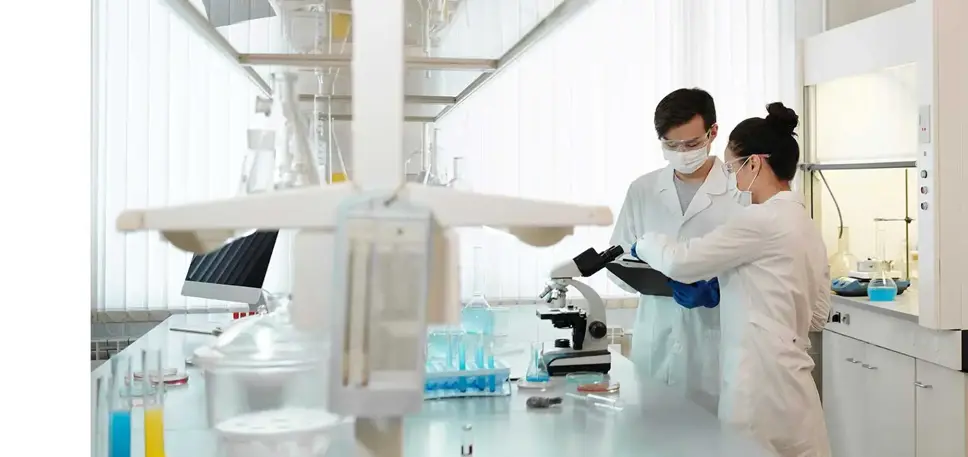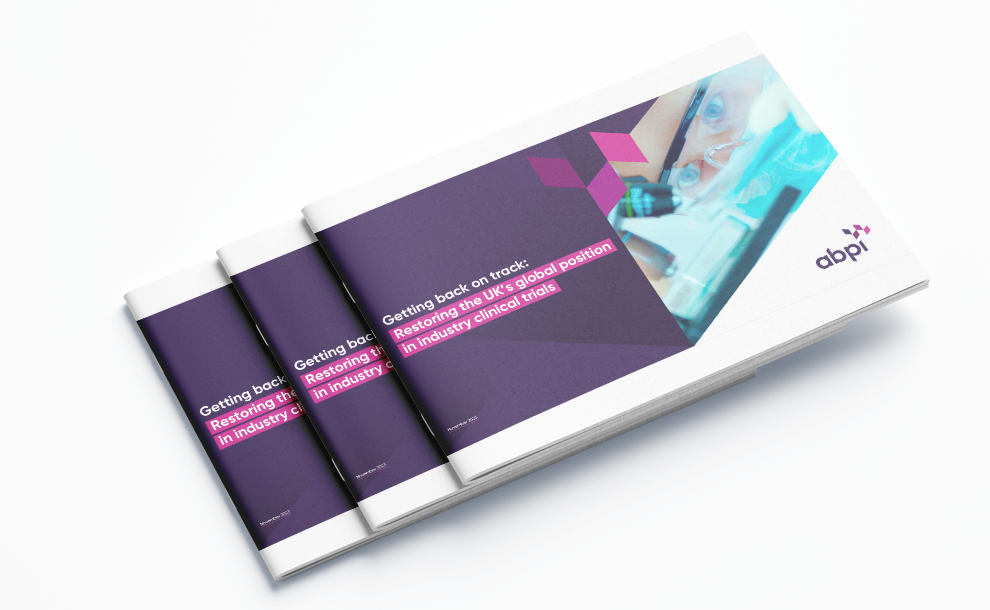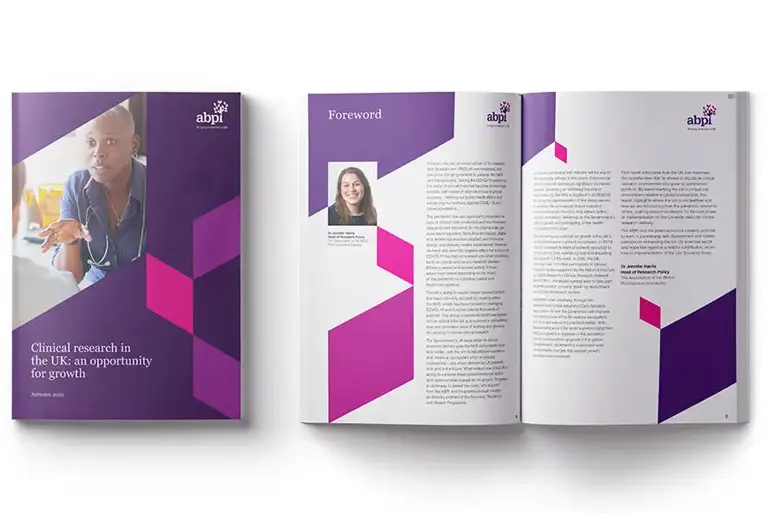Clinical research

Clinical trials
Dr Janet Valentine, ABPI Executive Director, Innovation and Research Policy discusses the clinical trial process and how medicines reach patients.
I'm Dr. Janet Valentine, Executive Director of Innovation and Research Policy at the ABPI. Every day in the UK and internationally, researchers are busy developing new treatments for conditions such as cancer, cardiovascular disease, diabetes, respiratory conditions, and rare diseases. Once a potential medicine looks promising in the laboratory, it must be tested in humans in clinical trials to ensure that medicine is both safe and effective.
Clinical trials are an essential step in the development of a new medicine before it can be used in routine care and they go through a rigorous clinical trials process. The first stage is usually in a small number of healthy volunteers and the purpose is to test the safety of the medicine to assess which dose and to see if there are any side effects. The second stage involves testing that potential medicine in patients who have that particular condition that the medicine is designed to treat. And the purpose is to understand how that medicine is impacting the body of those patients and whether there are any side effects.
The late stage of a clinical trial involves a much larger number of patients who have that particular condition. And the purpose of this is to understand whether the promising medicine is effective at treating the condition and to continue to monitor for any unexpected side effects. These trials will take place not just in the UK but in other countries around the world. Once a trial is finished, the medicine's regulator reviews the results, decides whether the benefits outweigh any potential risks, and whether to approve the medicine for use in routine care.
During a clinical trial, patients are monitored very closely by the clinical trials team, which ensures that they benefit from the highest level of care throughout. Individuals must meet certain criteria to take part in a clinical trial. And the NHS are increasingly offering opportunities for everyone who wants to participate, who may be eligible for that trial if they want to take part.
We're dependent on all patients who participate in clinical trials to ensure the medicines that we take in the future are safe for UK patients and for patients around the globe.

Getting back on track: Restoring the UK’s global position in industry clinical trials
To achieve its science and technology superpower ambitions and improve the health and wealth of the nation, the government must restore the UK’s global position in industry clinical trials and maximise their benefits to patients, the NHS, and the UK economy.

The ABPI's People-centred Research Hub features a collection of member case studies that promote industry best practices in diversity and inclusion, patient and public involvement, and research transparency.

Clinical trials are an essential part of the research and development (R&D) of new medicines and vaccines, bringing benefits to patients, the NHS and the economy.

Clinical trials are the cornerstone of the research and development process and it is through trials that pharmaceutical companies are able to demonstrate the safety and efficacy of new medicines.
